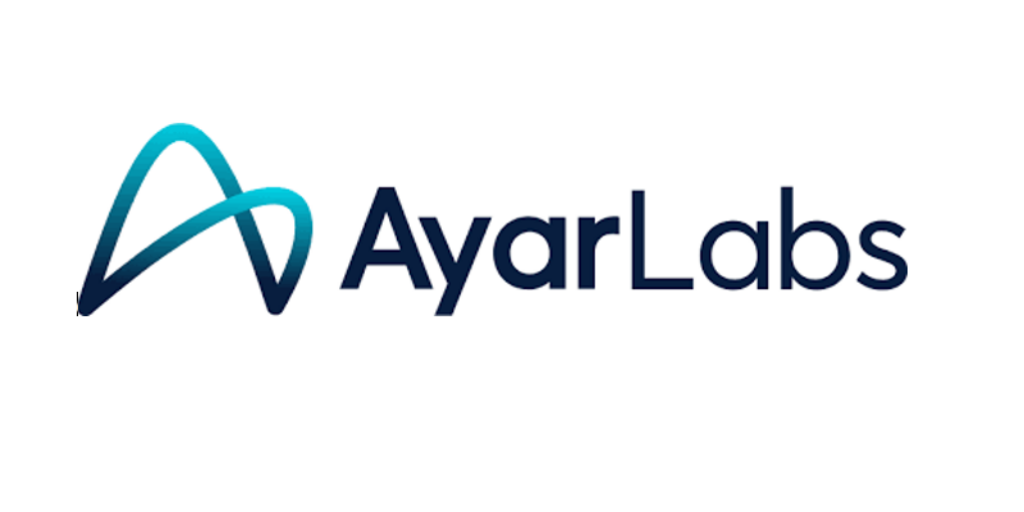 Paris – May 11, 2023 – Eviden, an Atos business in digital, cloud, big data and security, today launched Qaptiva for quantum application development.
Paris – May 11, 2023 – Eviden, an Atos business in digital, cloud, big data and security, today launched Qaptiva for quantum application development.
Eviden said it is enabling a software and hardware partner ecosystem to use the Qaptiva application development platform for corporate customers to develop quantum applications, and run them in as-a-service or on premises modes.
Developing real-life applications using quantum computing-based paradigms requires building specialized, problem-solving-oriented set of software libraries for developers to use their own domain specific objects without being quantum physics specialists.
As such, Eviden is expanding its partners ecosystem to provide developers with a wide choice of quantum software libraries to increase value for its customers while offering different choices of hardware. To support the evolution of quantum software, the team has partnered with innovation-driven Quantum players like ColibrITD, QuantFI, QubitSoft, Qubit Pharmaceuticals, QuRISK and Multiverse Computing to integrate them in Qaptiva and to address industry-specific use cases related to automotive, defense, energy, finance, life science and retail. For quantum computing hardware, after the signature of an agreement with its forward-thinking partner IQM Quantum Computers in 2022, Eviden is now also collaborating with French technology leaders Quandela and Pasqal for joint commercial offers.
Qaptiva offers all-in-one capabilities and a best-in-class development environment to write code once and seamlessly run it on different quantum hardware, either on-premises or through the cloud. Designed to encompass in one place all quantum technologies provided by Qaptiva software partners, this platform provides developers, researchers, and scientists with all the necessary tools and resources (libraries, connectors, emulators, and compilers) to program, optimize, compile, emulate, and run code on a Quantum Processing Unit (QPU), delivering tangible results very rapidly without waiting for Large Scale Quantum (LSQ).
In addition to a complete and simplified quantum-application development environment, Qaptiva also offers emulation capabilities to perform perfect advanced emulations with different noise models, up to 41 logical Qubits. The offer leverages the technology available in the Qaptiva 800, the new generation of the previously known “Atos Quantum Learning Machine”.
For application development and emulation, Qaptiva supports all the most widely used quantum programming paradigms (gate-based, annealing, and analog) and other technologies such as photonic quantum computing.
Qaptiva includes a complete quantum computing consulting practice, from training to application development to help enterprises, organizations and research centers understand, and identify real use cases, and develop their future production-ready QC-based solutions.
“Capitalizing on our strong experience in quantum computing, we are pleased to launch our new offering, Qaptiva, to simplify the development of quantum applications with an all-in-one offering for enterprises while pursuing our research and development efforts to make Hybrid Computing a reality for research centers. By providing greater choice in deployment, whether on-premises or in the cloud, and computing flexibility, Qaptiva democratizes access to quantum computing.” said Dr Cédric Bourrasset, Global Head of HPC-AI and Quantum Computing, Eviden, Atos Group.
“Eviden is a global leader in quantum computing and with the launch of Qaptiva, a complete as-a-service offering focused on applications development, Eviden is on the right path toward rapid innovation and adoption of Quantum Computing for enterprises and businesses. This allows Eviden to acquire new capabilities, extend its solutions to address new markets, and meet customer needs. With their proven expertise in High Performance Computing (HPC), Eviden can support the adoption of hybridization to combine quantum, traditional HPC and AI at scale. Eviden has all the critical elements and potential to contribute meaningfully to the future of Quantum Computing,” said Bob Sorensen, Chief Analyst for Quantum Computing, Hyperion Research,



